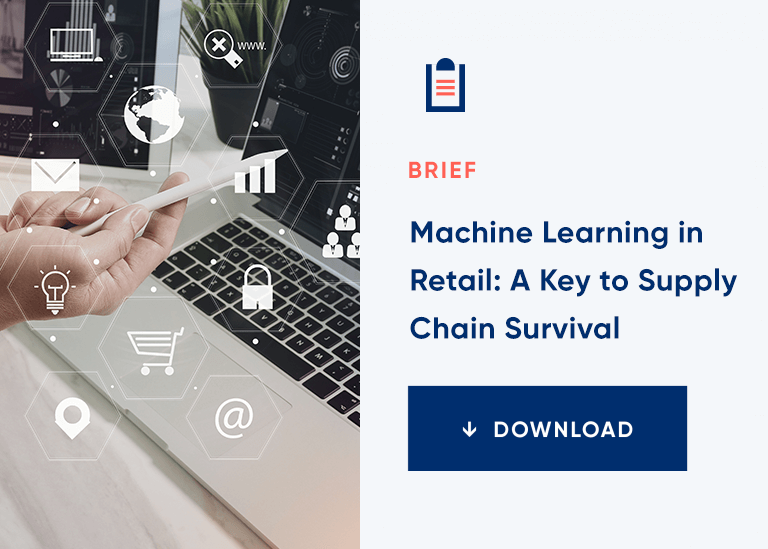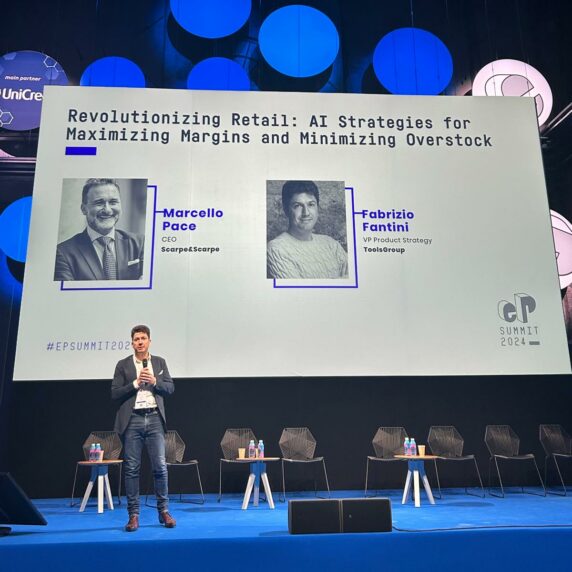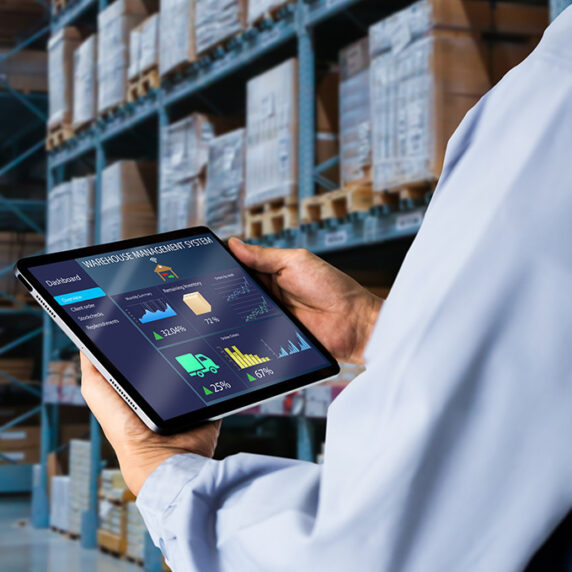Retailers, Is Machine Learning a Little Black Dress or an Accessory?
At first glance, a discussion about clothing and technology seems a bit incongruous, even for a retail focused blog. What could a dress possibly have to do with running your business? But they are more closely related than you may realize. Let me explain how.
The little black dress is the one thing every woman needs to have in her closet. Dress it up, dress it down. Daytime, nighttime. We’ve been told this one piece of clothing can do everything. The accessory, however, is something extra that pulls the “look” together. It could be earrings, a necklace, even shoes. The accessory is something that compliments the entire outfit and makes it better, but it doesn’t stand on its own.
The same can be said for machine learning. I realize that many experts have called it the next big thing to change the retail landscape and this assertion flies in the face of that opinion. They view it as the technology equivalent of a little black dress. It will do so many things. It will uncover so many patterns. You need to have it in your technology stack.
I don’t disagree with the potential of this form of artificial intelligence (AI). However, while I see it as a transformative technology, it’s no little black dress. It’s actually an accessory that pulls the whole…er….”outfit” together.
Let’s take a step back and examine what is this technology and why isn’t everyone talking about it? While you may have heard the term bandied about by thought leaders and visionaries, you might not be totally sure what it does. So if you’ll bear some more fashion puns, I’ll do just that.
Defining Machine Learning
The ability to capture and analyze retail data to make marketing suggestions is well documented. After all who hasn’t heard about Target assuming their customers were pregnant based on shopping patterns and historical data points? The ability to look at transactional history and draw conclusions was revolutionary. But technology has evolved.
As part of the evolution, computer scientists have developed cognitive technology that enables computers to recognize and learn from new data inputs without being programmed. It sifts through massive amounts of data, both structured and unstructured, to understand meaning contextually and make recommendations for the human, or planner, to take in response to the situation.
Now, with the complexity of multi-channel and the rise in importance of customer experience, an ability to create a seamless, fast, and accurate buyer’s journey is more important than ever. So is this capability a little black dress or just a killer accessory?
How Best To “Wear” It
I see machine learning as an accessory. Why? If you don’t have a good handle on the individual tasks at each stage of your supply chain, then no matter how great your technology, it can’t just be pinned on like your grandmother’s brooch and still reach its full potential.
Machine learning needs to be a carefully and thoughtfully applied accessory to the base understanding of the transactions in a retail supply chain. Rather than just pinned on, it needs to be integrated or “embedded” in supply chain planning software. While machine learning is an accessory, it pulls the functionality of the “simple little black dress” together and makes a classic, elegant, powerful solution.
So what is the little black dress then? It’s the ability to understand inventory. Or rather, the functionality ability to understand how your inventory, demand signals, forecasts, replenishment plans and returns processes all impact each other giving you a complete picture of your whole supply chain. If you don’t have that well managed, it’s the technological equivalent of walking around naked.







